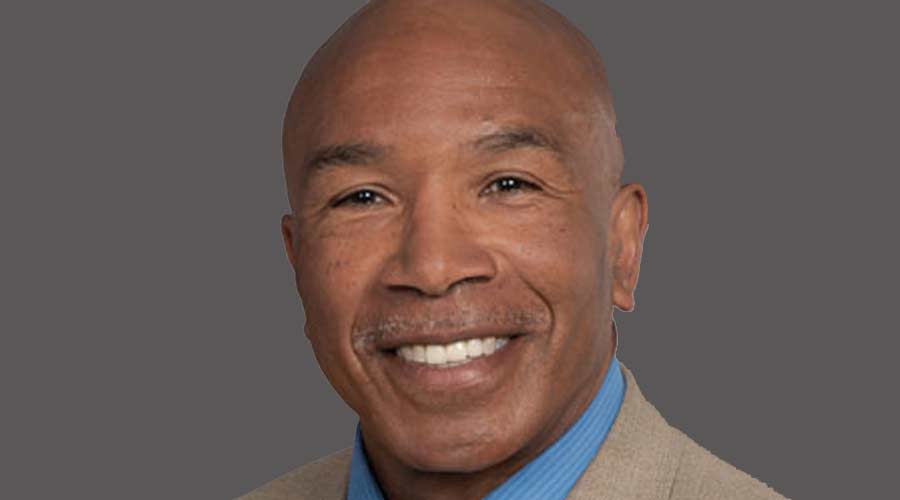
After covering the previous five principles of Servant Leadership: Active Listening; Empathy; Healing; Awareness; and Persuasion in previous columns, it's time to discuss the sixth and final principle: Conceptualization.
Effective servant leaders are faced with the challenge of ensuring their team and organization meet day-to-day operational demands, while also having the capacity to provide direction to ensure long-term success. The day-to-day operational needs of managing a department can often exhaust a leader’s time and energy. It can also reduce the time spent on the bigger picture.
Having a clear vision includes being able to answer basic questions such as “Where is the department going?” “What does success look like?” “What is each team member’s role in helping us get to where we want to go?” If leaders know the answers to these questions and the concept of future success has been articulated to the team, then they may be able to spend less time on day-to-day operations because their team members can function on a higher level. If everyone on the team is on the same page and working together, they can achieve united goals. It will also bring out the best in individuals and give them confidence and hope for the future.
Case in point: At one juncture during my tenure as building services director at University of Washington, I realized that our vision and mission statements had become stale and were no longer inspiring the team. The overall goal of providing a clean environment and quality customer service was understood, but each manager and supervisor had their own idea about what a clean environment and customer service looked like. There was inconsistency in our service levels, how we were leading our teams, and how we interacted with our customers (the campus community). We were siloed, and there was only genuine cooperation and teamwork during emergencies.
It was time for the leadership team to dedicate quality attention to conceptualizing the future direction of the department. The leadership team spent months revising the department mission and vision statement. Everyone participated and made suggestions, provided input, and most importantly felt safe enough to disagree. They shared each draft with their frontline team members and solicited input. This step proved beneficial because it familiarized the department prior to the final draft — and when we introduced the final version, it was met with little resistance.
We then focused on developing specific actionable measurements that aligned with the goals. We implemented a ‘Balance Score Card’ management process and developed specific targets/milestones around customer services, quality of service, financial responsibility, and staff development. We reported on our progress (or lack thereof) and celebrated department-wide every time we achieved a targeted measure.
The long-term benefits to the department were tangible: improved customer and employee satisfaction surveys, the abandonment of functions that didn’t help move us closer to our goals, and the prioritization of tasks that propelled us toward our desired future state.
Had we not taken the effort to conceptualize this, we would not know when we were drifting off-course.
The entire process proved beneficial for the leaders and frontline staff alike. I encourage every manager to take the time to conceptualize their department and their own personal future. It can — and will — reduce confusion and provide clarity.
Gene Woodard, R.E.H., spent more than 45 years in the cleaning industry, retiring as the director of building services at the University of Washington, before which he spent almost a decade at Emanual Hospital in Portland, Oregon. Gene was also a founding member of the Healthy Green Schools & Colleges Steering Committee, and served for many years as an advisory board member of Facility Cleaning Decisions magazine.

 The Down and Dirty on Cleaning in Virus Season
The Down and Dirty on Cleaning in Virus Season How Surfactant Use is Expanding in Commercial Cleaning
How Surfactant Use is Expanding in Commercial Cleaning